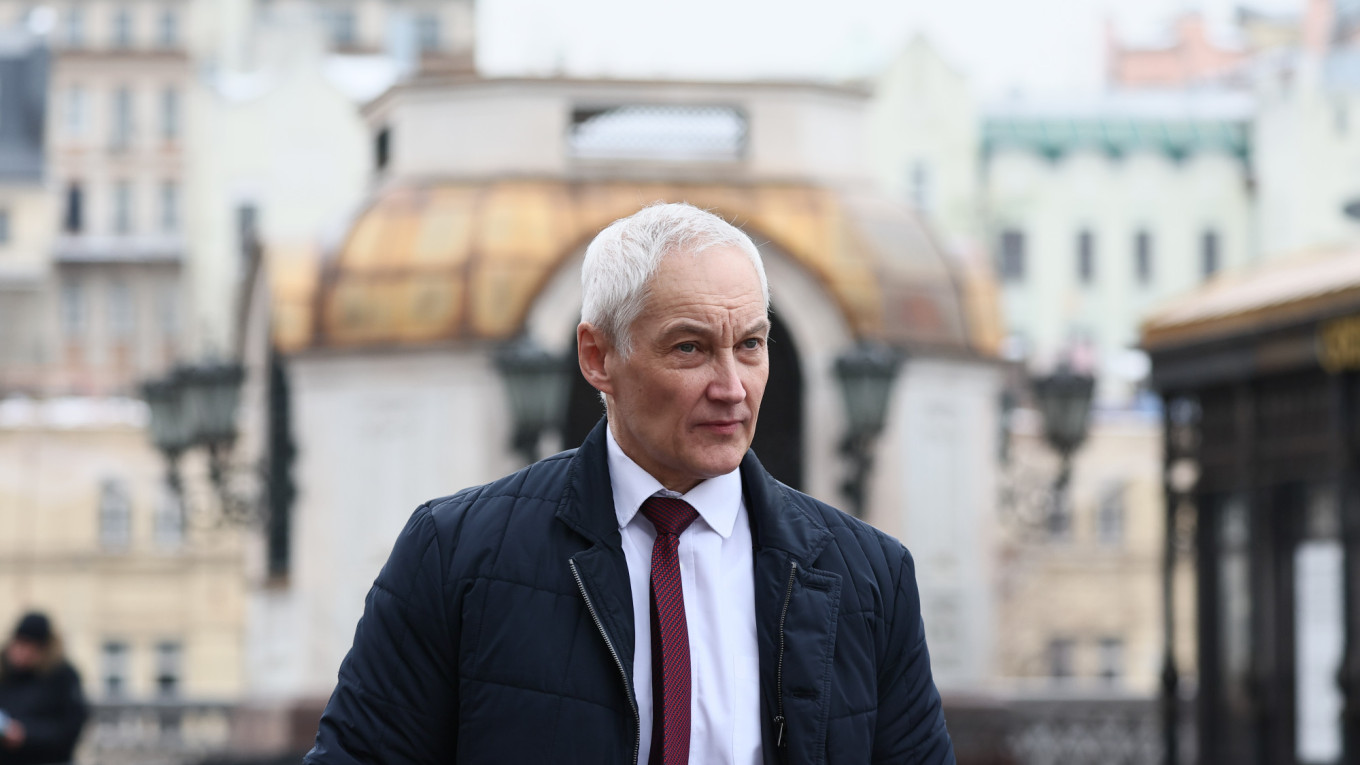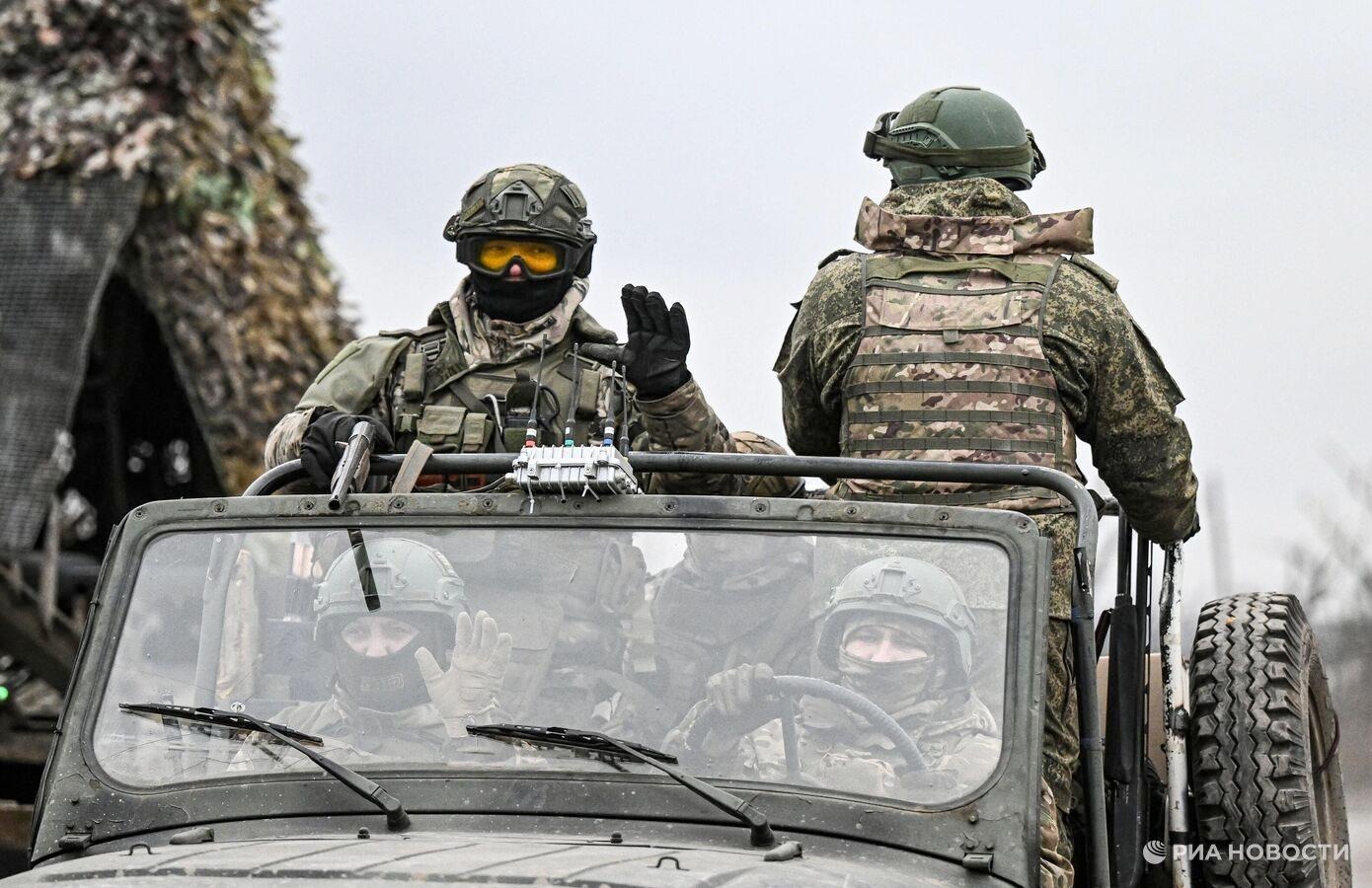
New Russian Defense Minister’s Tasks Extend Beyond Ukraine
New Russian Defense Minister’s Tasks Extend Beyond Ukraine
Executive Summary:
- Russian propagandists believe that new Minister of Defense Andrei Belousov’s ultimate loyalty to Putin and absence of corruption scandals puts him in a prime position to accomplish the tasks set before him.
- Putin’s move to reorganize his cabinet demonstrates a shift in the establishment and a likely preparation for additional military projects.
- Moscow is expanding its military presence in other countries apart from Ukraine–most notably in Africa—in part to demonstrate its power and influence to the West.
Russian President Vladimir Putin’s appointment of economist Andrei Belousov as the new minister of defense surprised many (see EDM, May 16). Belousov formerly served as the minister for economic development and was a presidential assistant from 2013 to 2020. In January 2020, he became first deputy prime minister. While Prime Minister Mikhail Mishustin was ill with COVID-19, Belousov served as acting prime minister for three weeks from April to May (RBC.ru, May 2024). Numerous officials have noted to independent media that this appointment was an intelligent and forward-looking step as Belousov will ensure the Ministry of Defense runs more effectively. In this, the Kremlin seems to be readying for a protracted war in Ukraine and opening several other military campaigns in different parts of the world (see EDM, May 20). Moscow has been struggling to maintain the economy as the war has progressed and has shifted to prioritizing the military-industrial complex (see EDM, October 5, 2023). The appointment of Belousov demonstrates the Kremlin’s initiative to continue expanding the military-industrial complex as part of the economy (see EDM, December 4, 2023, January 16, 29, February 12).
Political analysts refer to Belousov as a “technocrat” and “a supporter of methods of harshly squeezing money out of private business” (Novaya Gazeta Europa, May 13). Ilya Grashchenkov, president of the Center for Regional Policy Development, recalls that Belousov introduced ideas related to the symbiosis of the state and the market to the Russian economy (Verstka.media, May 12). Political analyst Abbas Gallyamov believes that the former deputy prime minister has always supported nationalizing the economy. Ivan Preobrazhenskiy, however, suggests that in his new post, Belousov “will promote the militarization of the Russian economy” (Novaya Gazeta Europa, May 13). Several federal officials agree with this analysis. An anonymous government source told journalists that the new defense minister must, “together with the government, competently organize work and logistics processes, ensure the necessary production and supplies, orient the economy toward the ‘special military operation,’ and extract the technological maximum out of the defense industry” (Istories.media, May 12).
Belousov has two primary tasks in his new role. On the one hand, he must, according to Presidential Press Secretary Dmitry Peskov, “integrate the economy of the military block into the economy of the country” (Meduza, May 13). This integration will unconditionally lead to the further militarization of the entire economic system. On the other hand, he must rid the Ministry of Defense of corruption and ensure the most efficient use of government funds by introducing necessary innovations (Topwar.ru, May 14).
Russian propagandists claim that Belousov will be successful in carrying out these tasks and that his appointment is not a good sign for Ukraine. Notably, his ultimate loyalty to Putin and an absence of corruption scandals associated with him puts him in a prime position to accomplish these tasks (T.me/zhivoff, May 12). Journalists have discovered, however, that he may not be completely free of corruption. His 29-year-old son, Pavel, significantly profits from government contracts. Last year, his firm Claire&Clarté increased profits by 20 fold, though it had previously struggled (Meduza, May 13). Nevertheless, military correspondents and military analysts assess Belousov’s appointment as generally positive (Istories.media, May 12; Meduza, May 13).
Overall, the Kremlin’s military expenditures are not only going toward their fight in Ukraine. At the beginning of January, a Russian military contingent was deployed to Burkina Faso (Kommersant.ru, January 25). In connection, the Russian military did not conceal that the African Corps created by the Ministry of Defense plans to be active in Libya, Mali, the Central African Republic, Chad, and Niger (Afrinz.ru, November 28, 2023; see EDM, February 7, March 12, 18, April 11; see Militant Leadership Monitor, April 18; Vzglyad, May 5). Independent investigative journalists report that over the past months, Moscow has actively increased its presence in Libya. The Russian military is concentrated in territory controlled by Libyan National Army commander Khalifa Haftar, who is friendly to Moscow (see EDM, March 12). At least 1,800 Russian military personnel have arrived in the country over the past two weeks. Some of them were sent to Niger, the rest remain in Libya awaiting further instructions.
At the beginning of May, Russian troops entered an airbase in Niger, where US troops had been stationed. Specifically, they occupied a separate hangar on Air Base 101, located contiguously with Diori Hamani International Airport in Niamey (BBC Russian Service, May 3). European Trade and Industrial Center Chair Oleg Nesterenko, in an interview with French media, explained that the military base occupied by the Russians is, in essence, a “military-logistical entryway to the country.” US troops have not yet left their bases in Niger, and Nesterenko does not hide the fact that such a rapid occupation of the airbase is a message to the Americans to leave the country quickly (Topwar.ru, May 14).
Since the beginning of March, Russian military personnel and Russian equipment have been detected in at least ten points in eastern Libya near large military bases. Additionally, over the past several weeks, deliveries of Russian weapons and shipments from Syria to Lebanon have increased. Journalists note that in addition to Russian equipment and soldiers, Syrian military personnel are likely also being sent to Libya. Experts point out that Libya offers Moscow valuable access to the Mediterranean Sea, serves as a southern flank to put pressure on the North Atlantic Treaty Organization (NATO) and European Union, and strengthens the opportunity for dialogue with other key Arab countries (Verstka.media, May 10).
Russia’s new minister of defense will be called on to provide adequate funding and logistics for the Russian military presence in different parts of the world. Putin’s move to reorganize his cabinet demonstrates a shift in the establishment and a likely preparation for additional military projects. Belousov’s economic background will make the Russian economy further dependent on the military-industrial complex and increase the militarization of Russian society. It remains to be seen how this will affect the Russian population and the discontent that continues to simmer as the war wages on (see EDM, January 9, February 29).


